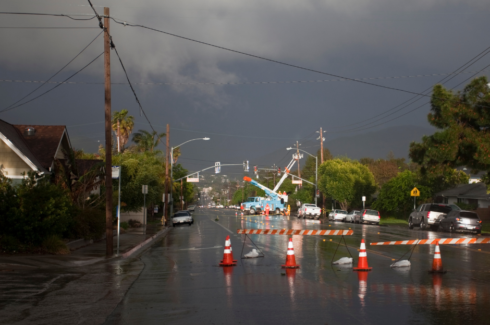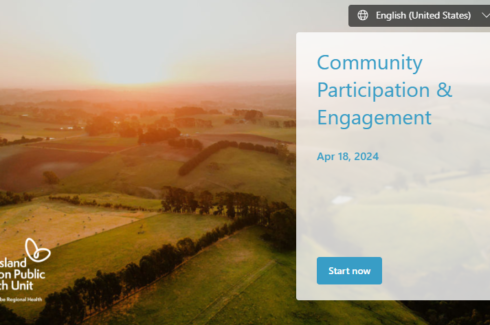The Gippsland Region Public Health Unit is led by Latrobe Regional Health to manage and respond to public health issues in Gippsland.
The Gippsland Region Public Health Unit (GRPHU) is one of nine local public health units across Victoria working closely with the Department of Health in a statewide system of public health delivery and response. GRPHU works throughout the Gippsland region, from the outer south-eastern aspects of metropolitan Melbourne to the easternmost point of Victoria.
We work in partnership with local communities to deliver place-based policies, programs, and practice, including managing notifiable diseases, chronic disease prevention, health promotion, environmental health, and emergency management. These key public health functions are strengthened by Aboriginal health leadership, health data analytics, surveillance, communications, community engagement, research, and more.
Public Health Latest

Power outages and food safety
Power outages can affect food storage and safety, increasing the risk of food poisoning. It is important that food is safely and correctly stored, prepared, handled and cooked to reduce the risk of contamination.

Mpox (Monkeypox) Testing and Vaccination
Mpox (formally known as Monkeypox) continues to spread in many countries.
In Victoria, the risk of local transmission and transmission linked to international travel remains.

Have your say on public health
Gippslanders are being asked to fill out a quick online survey looking for input about public health priorities in the region.



